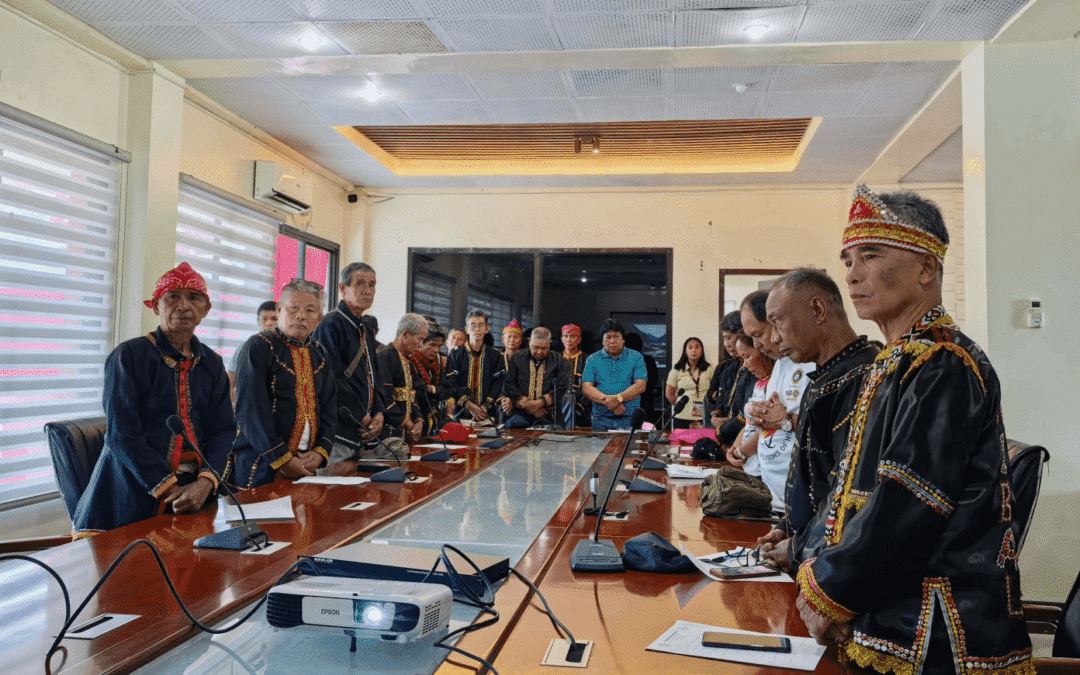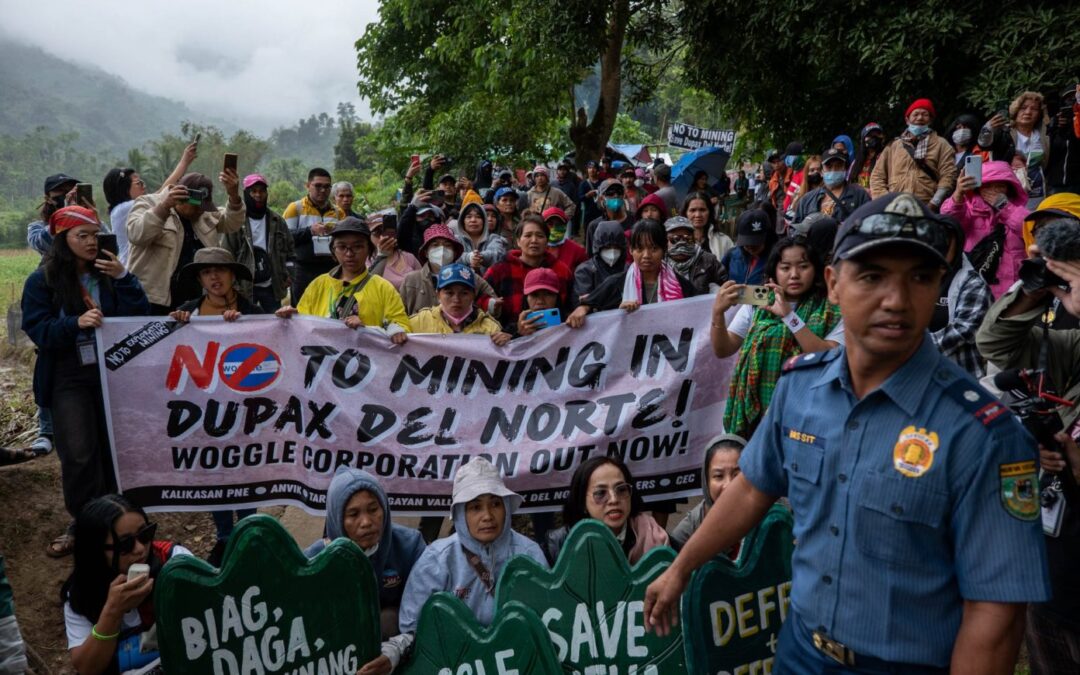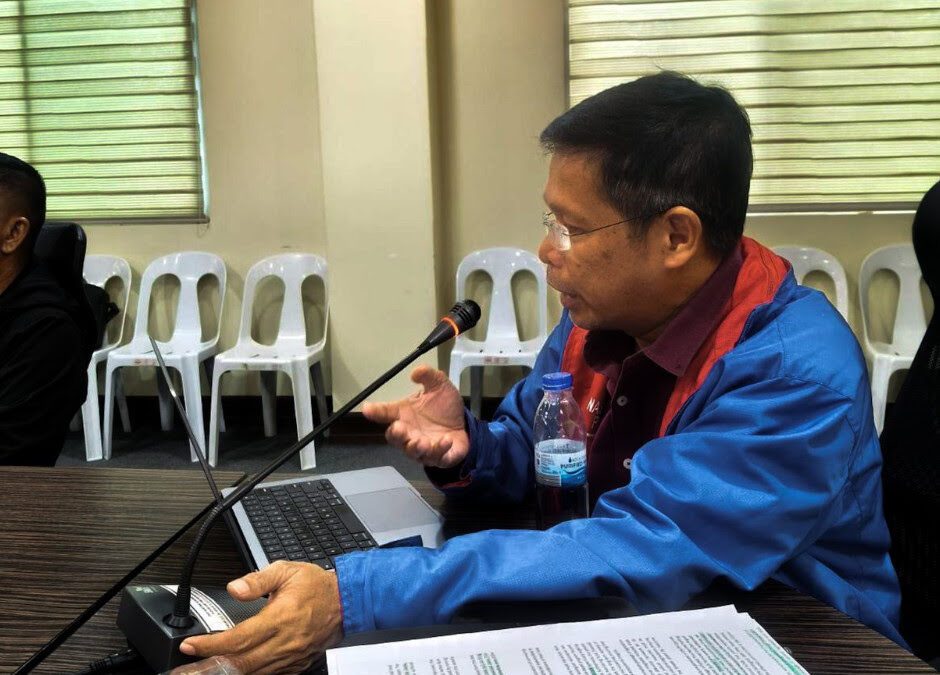The 2021 United Nations climate summit that ended last week has gathered at least 20,000 people from different sectors all over the world.
Two different delegations have represented the Philippines – the “Party Delegation” and the “Non-Party Delegation – during the annual climate summit or the Conference of Parties (COP26) in Glasgow, United Kingdom
The “Party Delegation” was composed of the official representatives of the Philippine government, including officials from the departments of finance, energy, and the environment. The official delegates sat at the negotiating table.
The “Non-Party Delegation,” which was represented by members of the civil society organizations (CSOs), the academe, and non-governmental groups, were at the summit as observers.
According to the United Nations Framework Convention on Climate Change, over 2,500 NGOs and CSOs have been admitted as observers to COP since 2019.
When asked about why CSO attendance is important in the COP, representatives of the “Non-Party Delegation” all agreed that the mission was “to bring voices from the grassroots communities.”
Lia Mia Torres of the group Center for Environmental Concerns said CSOs are “the ones who are actually in the front lines of environmental defense.”
She said members of the civil society groups, who are from the most vulnerable communities, are “the ones really affected” by the climate crisis and “the ones who directly take actions.”
“It’s actually the same in the Philippines, we are not heard, we are not included in the decision making. We want to change that. That’s why we also participate in COP and raise those same concerns,” said Torres.
Franciscan Father Angelito Cortez said climate activists from various CSOs and NGOs serve as messengers of the narratives of the poor communities.
“One thing that I brought here as a Catholic, as a Priest, as a Believer is the stories of people who are impacted by climate change in the Philippines, and I believe those stories should be told here and should be an inspiration to our world leaders,” the priest said.
Father Cortez, who is the Vice Director of General Office for Justice Peace and the Integrity of Creation of the Franciscans in Rome, said the stories from the ground hopefully would make leaders “wiser” in making decisions.
Climate activists in this year’s COP said that they had difficulties accessing important meetings and negotiations.
“I haven’t been attending so much of the negotiation in person mostly because it is really difficult to get into the plenary sessions,” said Joy Reyes of the Manila Observatory.
“Now that we are coming into the second meet, they’re more higher level, more plenary that doesn’t include observer delegations anymore. So, it is more high-level discussions,” she said.
Marinel Ubaldo, advocacy officer of Living Laudato Si Philippines and a super typhoon Haiyan survivor, said COP26 was very different from the other summits that she attended.
“If you go to the pavilion you will not see a stall from small organizations. All of the stalls are coming from big organizations. There was no grassroot community stall there that actually represented the voices of the marginalized,” said Ubaldo.
Observers in COP26 claimed that this year’s conference was the “least inclusive climate summit in a decade.”
“CSOs are just observers, and we really don’t have much space and even if we do participate, it is just a consultation, and not all can really actually join. There are limited seats and many of the consultations are just live streamed… So, there is no chance for you to really say what you want,” said Torres.
Aksyon Klima Convener Rodne Galicha wrote a letter to finance secretary Sonny Domiguez III, the lead negotiator of the Philippines Delegation, on October 28 requesting for a consultation between the Party Delegation and the Non-Party Delegation “before adapting any positions in the negotiations.”
Galicha said there was no response from Domiguez or from any member of the official delegation, adding that government representatives violated the rules and regulations of the climate change act.
“A bigger challenge for the government to involve civil society again because the law says that any position has to be brought to the conference of parties and the negotiations should actually undergo a multi-sectoral and interagency process,” he said.
Galicha said the Philippine government must acknowledge the “perspective of those who have been serving and working with the grassroots community.”






0 Comments